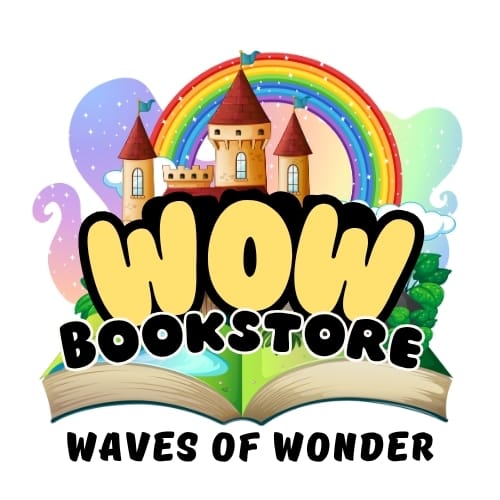Ever wonder what’s going on inside a little one’s head? Between birth and six years, a child’s brain grows faster than at any other time in life. From their first smile to their first words, every experience is wiring their brain for life. Let’s take a fun, engaging, and informative journey through child brain development from 0 to 6 years—with real examples, expert insights, and science-backed facts.
#1 The Fastest Growing Organ
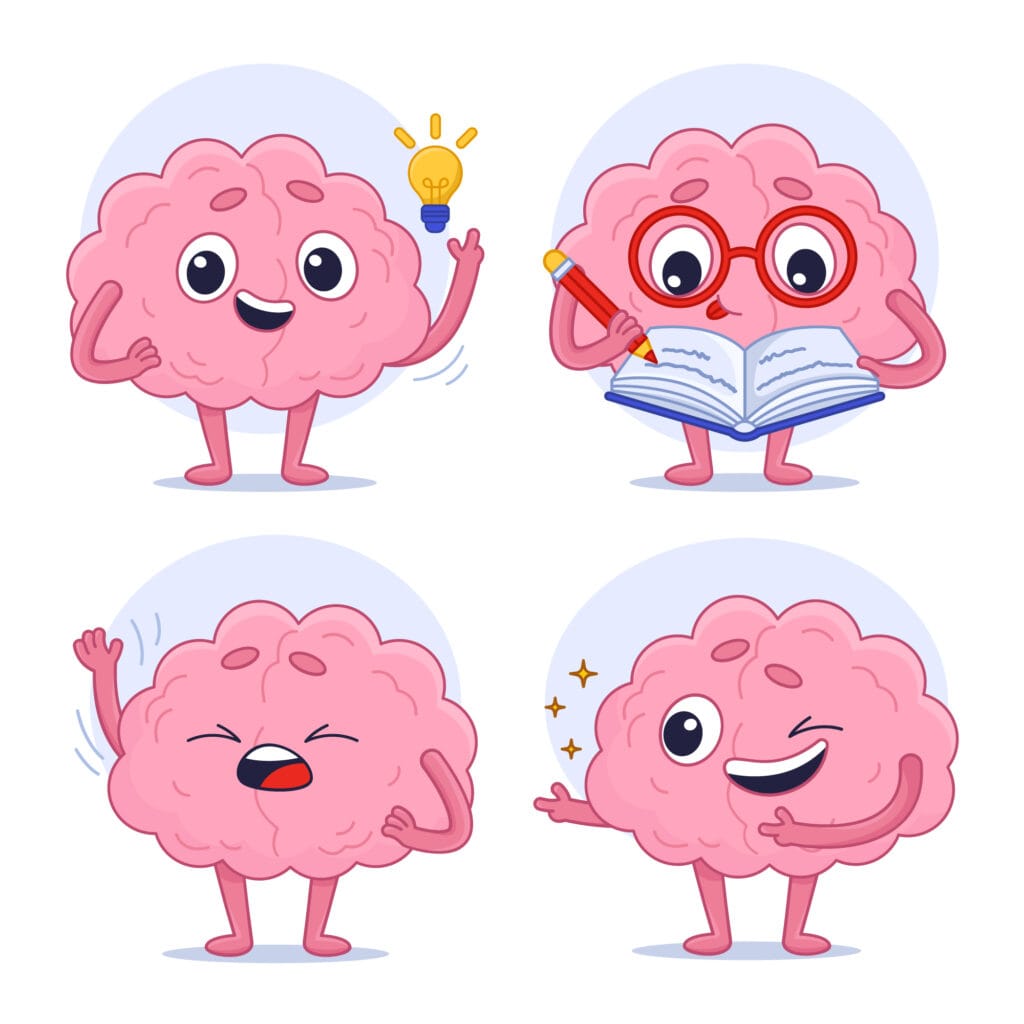
At birth, a baby’s brain is about 25% the size of an adult’s. By the age of three, it reaches nearly 80% of adult size. This growth isn’t just about size; it’s about connections. A baby’s brain forms over 1 million new neural connections every second in the early years, according to Harvard University’s Center on the Developing Child.
Real-life example: Ever noticed how babies love to grab things, put them in their mouth, and listen to your voice? These are not just cute behaviors—they are how babies learn and grow their brain!
#2 Stages of Child Brain Development
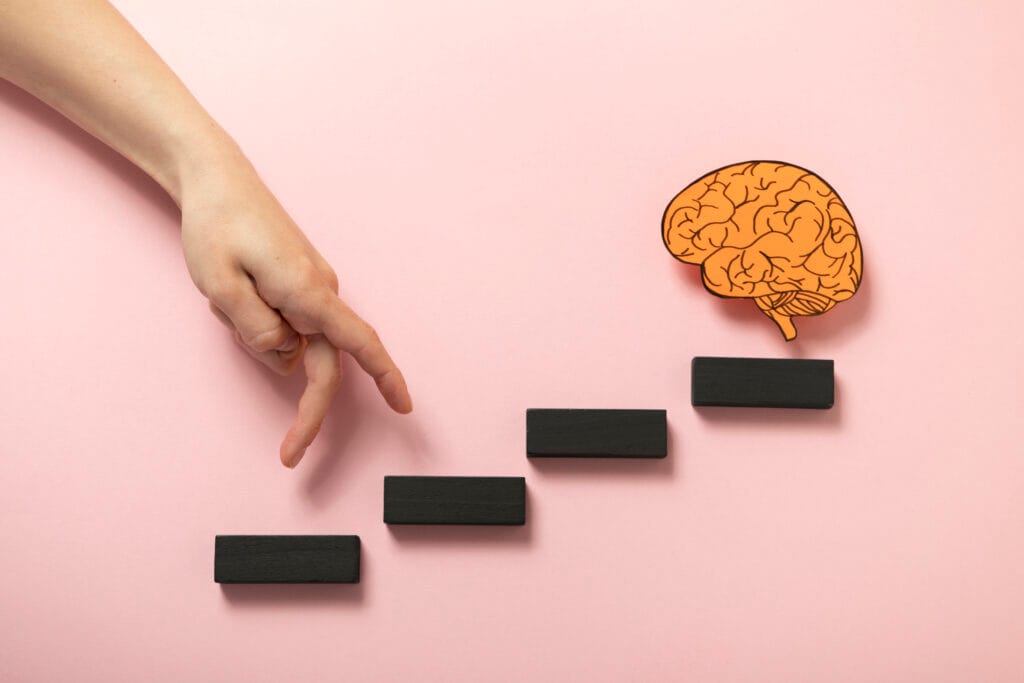
0–12 Months: The Foundation
In the first year, the brain is focused on sensory input: seeing, hearing, touching, and tasting. Emotional bonds form through loving care. This is when trust, attachment, and the ability to learn are first built.
Expert insight: Dr. Jack Shonkoff, a pediatrician at Harvard, emphasizes, “The emotional and physical health, social skills and cognitive-linguistic capacities that emerge in the early years are important prerequisites for success in school and later in the workplace.”
1–3 Years: Exploring the World
This is the language explosion phase. Toddlers start recognizing words, forming sentences, and expressing emotions. They also begin problem-solving and developing basic motor skills.
Real-life: If your 2-year-old is obsessed with building block towers and then knocking them down, that’s brain development in action! They are learning cause and effect, planning, and coordination.
4–6 Years: Shaping Identity
Now, imagination takes the lead. Kids this age start asking “why” questions nonstop, showing empathy, and learning social norms. Their prefrontal cortex – the part of the brain responsible for decision-making and self-control – is developing rapidly.
Tip: Encourage pretend play, art, and storytelling—these are powerful tools for growing your child’s cognitive and emotional skills.
#3 How Environment Affects Child Brain Development
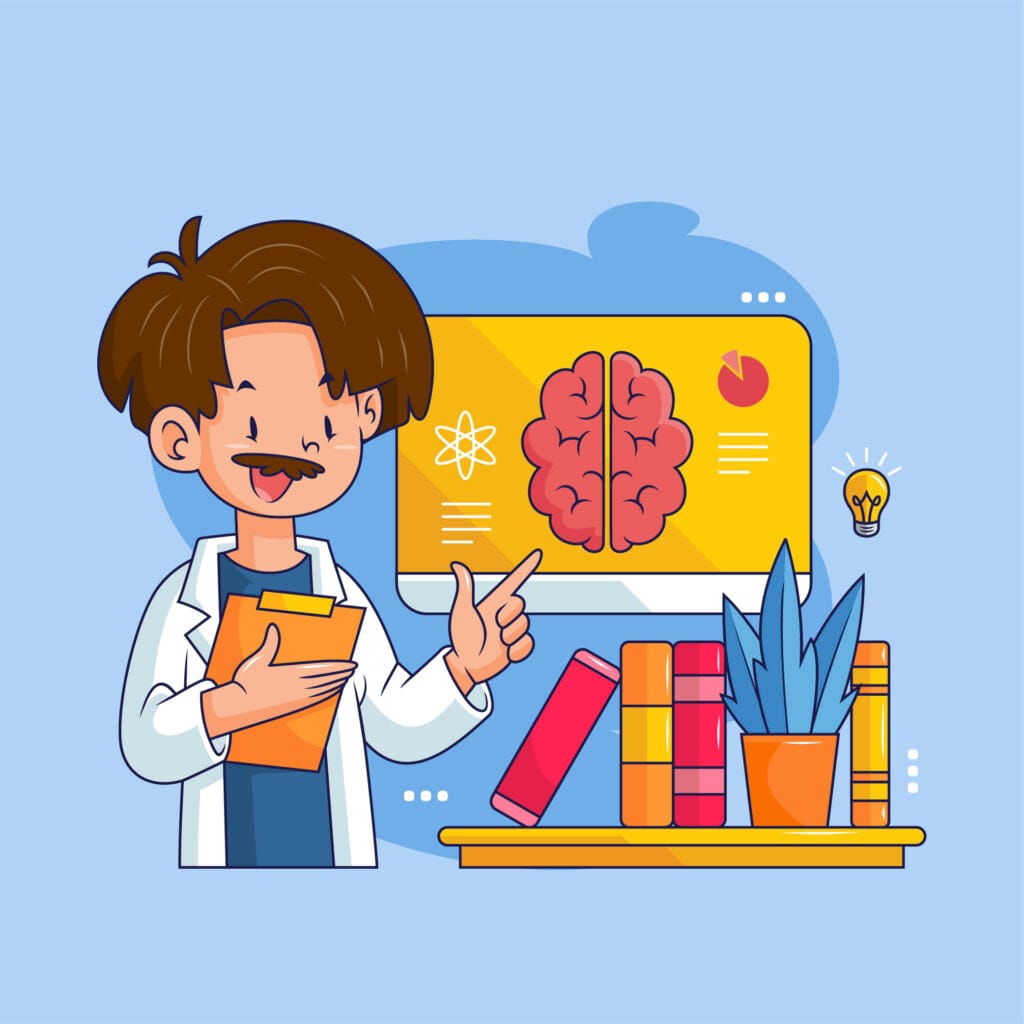
According to UNICEF, a nurturing and stimulating environment is essential for brain development. That includes love, nutrition, safe spaces, play, and early learning opportunities. According to Harvard University’s Center on the Developing Child, in the early years, the brain forms more than 1 million new neural connections every second. These connections lay the foundation for learning, behavior, and health throughout life.
- A study by the American Academy of Pediatrics found that children who are read to daily show stronger language and literacy skills by age 5.
- Nutrition also plays a huge role: Omega-3s, iron, and folate are critical for early brain development.
Pro Tip: Talk, read, sing, and play with your child every day—these simple interactions have the power to build a smarter, happier brain.
#4 Activities to Boost Brain Growth
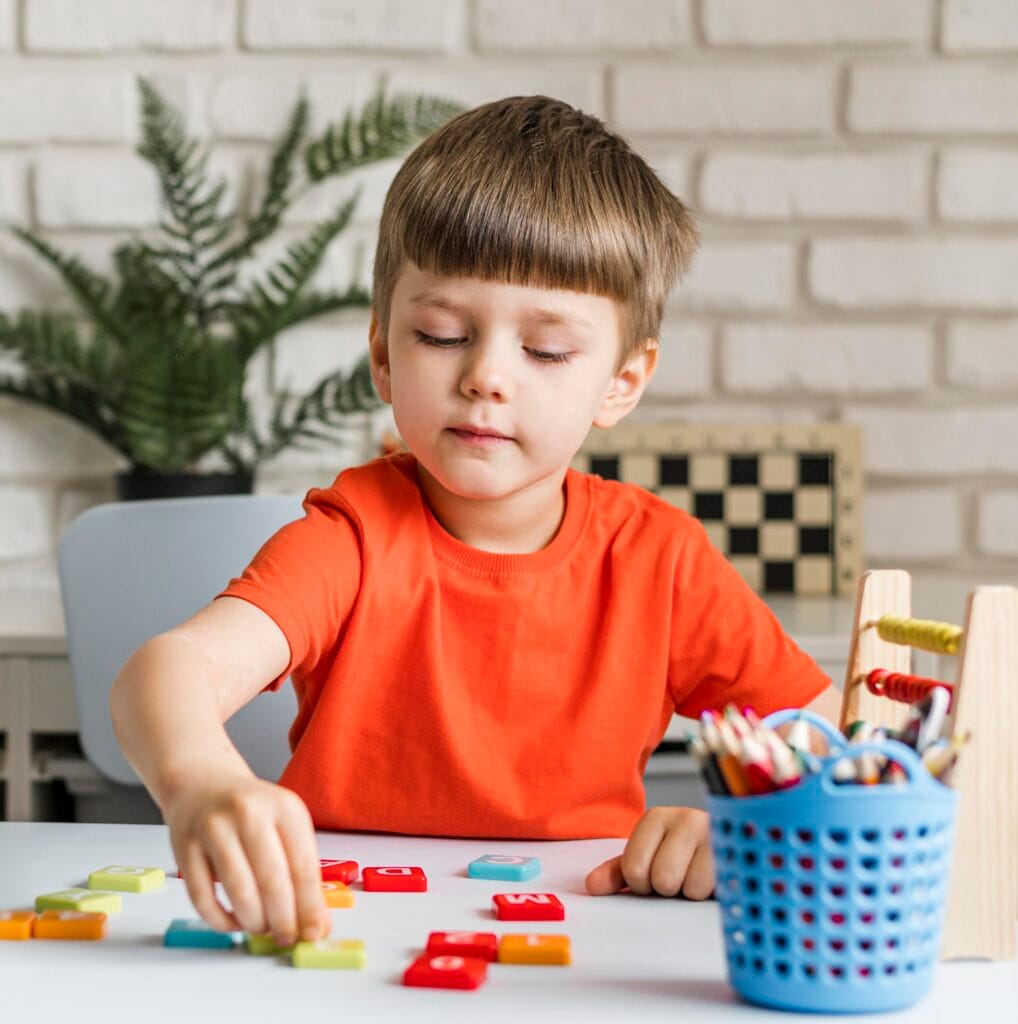
- Tummy Time (0–6 months) – strengthens muscles and coordination
- Peek-a-Boo & Nursery Rhymes (6–12 months) – promotes memory and language
- Stacking Toys & Puzzles (1–3 years) – develops logic and motor skills
- Drawing & Pretend Play (3–6 years) – fuels creativity and emotional intelligence
#5 Extra Tips for Supporting Child Brain Development
Every child’s development is unique, but supportive parenting and an engaging environment create the strongest foundation. Keep screen time limited, offer safe exploration opportunities, and celebrate your child’s progress with patience and praise. These small steps shape lifelong learning and behavior patterns.
Conclusion
From birth to six years, your child’s brain is forming the foundation for who they will become. These early years are not just preparation for school but for life. Every hug, every bedtime story, every giggle – it all matters.So, next time your child asks a million questions or splashes in mud, smile and remember: that’s brain development at its best.
